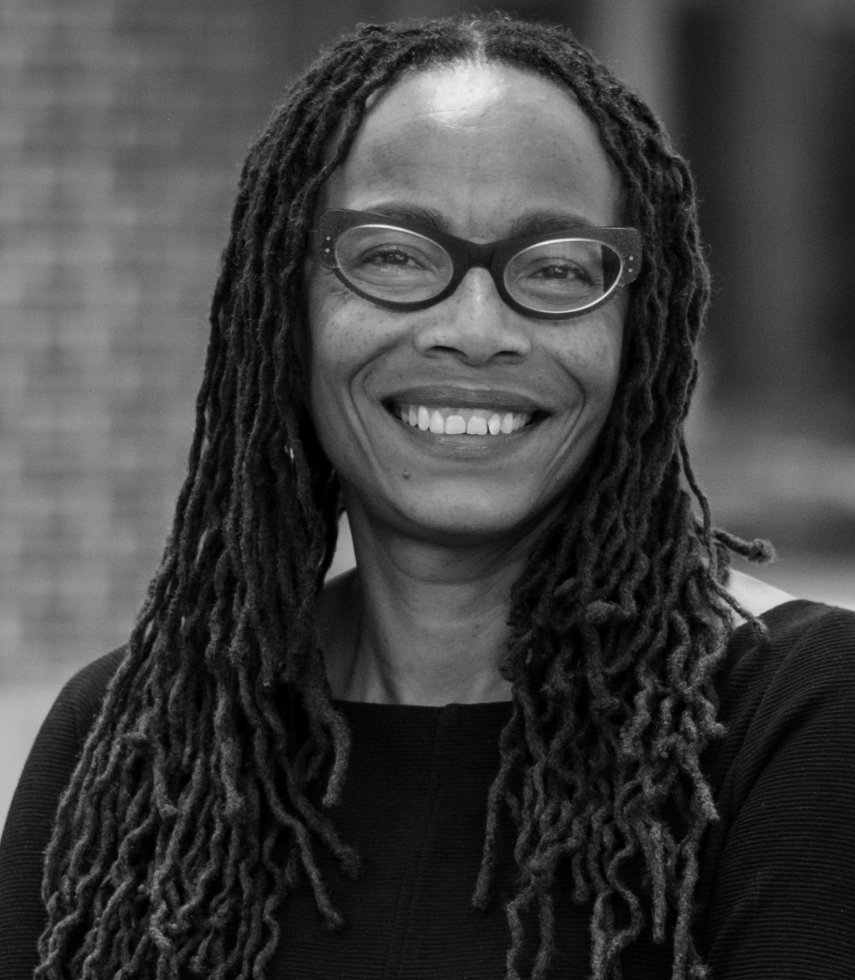Not So Black And White - Dorothy Roberts On The Myth Of Race
By Mark Leviton,
The Sun Magazine
| 04. 15. 2019
Law, Africana-studies, and sociology professor Dorothy Roberts describes race as a “political category that has been disguised as a biological one.” It’s a hard concept for many to grasp. Physical features associated with race, such as skin and hair color, are inherited through our genes. So how is race not biological? The long answer is found in Roberts’s book Fatal Invention: How Science, Politics, and Big Business Re-create Race in the Twenty-First Century, but the short answer is that there’s no clear biological basis to divide humanity into five or six or seven races, any more than there is to divide it into twenty or a hundred or a thousand. The lines are drawn by social and political imperatives, not nature.
Roberts’s thinking about race originated in growing up in an interracial family in Chicago. Her white father, Robert, was an anthropology and sociology professor, and her Jamaican mother, Iris, had been his research assistant at the university and became a public-school teacher. Both of Roberts’s parents taught her that “there is only one human race.” As an adolescent in...
Related Articles
By Arthur Lazarus, MedPage Today | 01.23.2026
A growing body of contemporary research and reporting exposes how old ideas can find new life when repurposed within modern systems of medicine, technology, and public policy. Over the last decade, several trends have converged:
- The rise of polygenic scoring...
By Stephanie Pappas, LiveScience | 01.15.2026
Genetic variants believed to cause blindness in nearly everyone who carries them actually lead to vision loss less than 30% of the time, new research finds.
The study challenges the concept of Mendelian diseases, or diseases and disorders attributed to...
By David Cox, Wired | 01.05.2026
As he addressed an audience of virologists from China, Australia, and Singapore at October’s Pandemic Research Alliance Symposium, Wei Zhao introduced an eye-catching idea.
The gene-editing technology Crispr is best known for delivering groundbreaking new therapies for rare diseases, tweaking...
By Josie Ensor, The Times | 12.09.2025
A fertility start-up that promises to screen embryos to give would-be parents their “best baby” has come under fire for a “misuse of science”.
Nucleus Genomics describes its mission as “IVF for genetic optimisation”, offering advanced embryo testing that allows...




